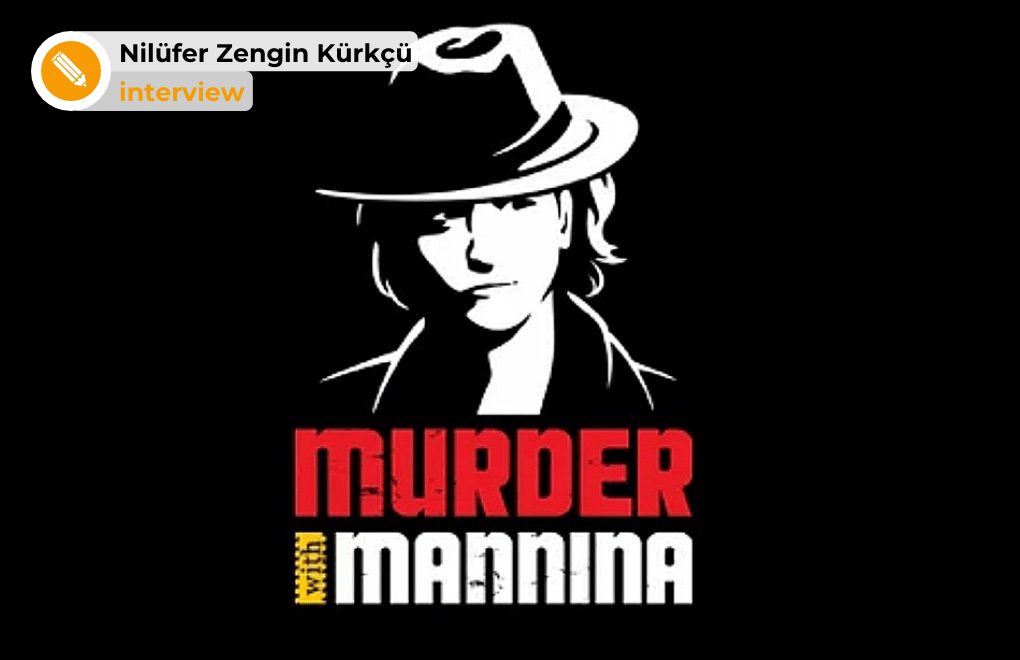Former Minister Will Be Tried for Underground Operations

In 1996, a car accident in Susurluk, in western Turkey, revealed connections between the police, nationalists and organised crime. Ever since, people in Turkey have been aware of the existence of a “deep state”, which works behind the screen of a democratically elected government.
Chief of Police, Minister of Justice, Minister of the Interior
Mehmet Agar was governor of Erzurum, a city in the east of Turkey, in 1992, and became Chief of Turkey’s Police Force in 1993. In December 1995 he was voted into parliament as an MP for the True Path Party (DYP). Between March and June 1996 he was Minister of Justice, and from June to November 1996 Minister of the Interior.
Agar stood as a parliamentary candidate again in the 22 July elections last year. Because he did not gain a seat, his parliamentarian immunity has been lifted, and he can now be tried.
Thus, the 1st Chamber of the State Council has announced that he should be prosecuted in the Susurluk case.
Lawyer Engin Cinmen has interpreted the event for bianet:
“Mehmet Agar’s immunity was lifted twice before, and investigations were initiated. However, because he was an MP, he was not taken to court.”
“It has been said that the judiciary and the prosecution handled the Susurluk case inadequately and that there was then no political will to uncover the truth. Faced with the public conviction that Mehmet Agar was a prime mover in Susurluk and faced with legal documents which have emerged, we hope the judiciary will carry out a suitable prosecution.”
Accusations: criminal organisation and abuse of position
According to Ntvmsnbc.com, the State Council accuses Agar of the following:
- “Creating an armed group in order to commit crimes” between 1993 and 1996
- Knowing the hiding place of Abdullah Catli, the mafia leader who later died in the Susurluk car accident, but not informing the authorities, and even helping Catli to hide. Catli had been arrested in absence.
- Abusing his position by giving Abdullah Catli and Yasar Öz, a relative of Catli’s wife, gun licences illegally.
- Abusing his position by giving Abdullah Catli and Yasar Öz “green passports”, normally reserved for high-level state officials.
The State Council has decreed that Catli should be tried under Article 220 for “forming a criminal organisation.” As far as the other accusations are concerned, the Council has postponed judgement because the fall under Law No. 4616 on Conditional Release and the Postponement of Trials and Sentences.
Should Mehmet Agar object to the State Council’s decision, the State Council Board of Administrative Trial Chambers would consider the case. If there is no objection, the case will be sent to the Supreme Court of Appeal’s Chief Public Prosecution. (NZ/TK/AG)
Warming cold-cases with Mannina

NİLÜFER ZENGİN INTERVIEWS LEADING SYRIZA MP KAVVADIA
'Europe's Resurgent Fascism: A Consequence of the Establishment's Choices'

Children-Under-Risk Denied Access to School Founded for Them








